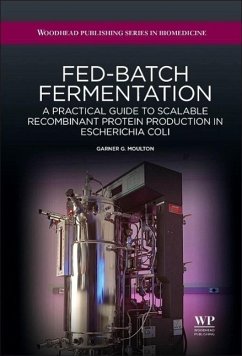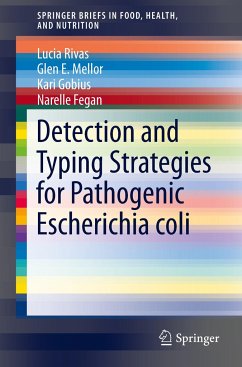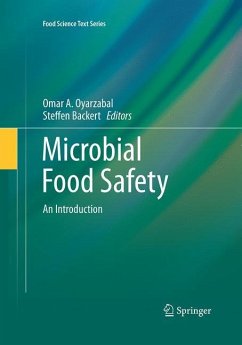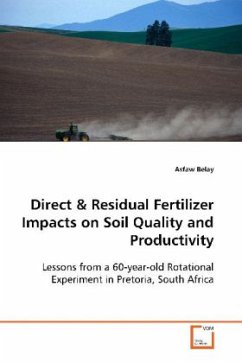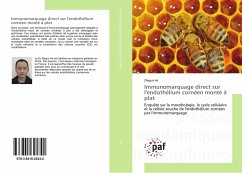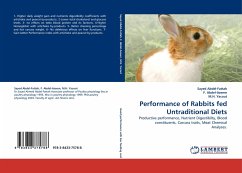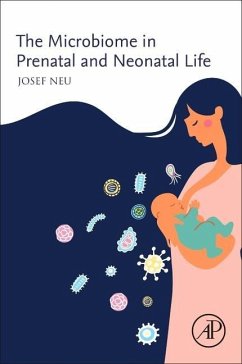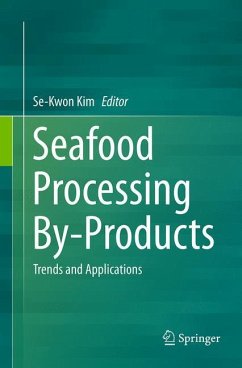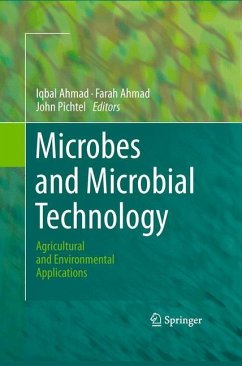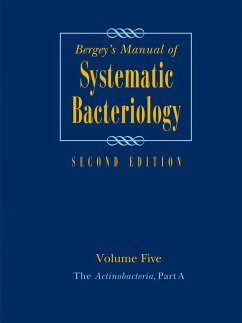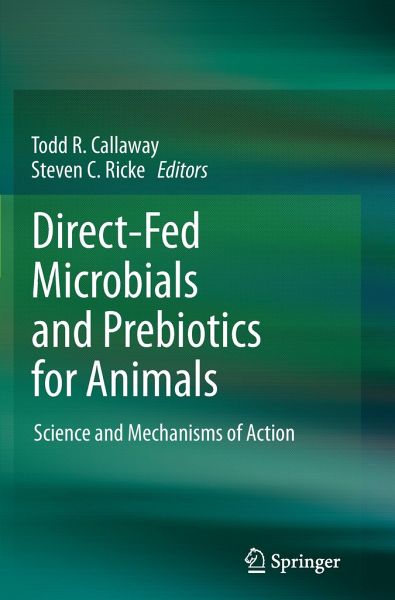
Direct-Fed Microbials and Prebiotics for Animals
Science and Mechanisms of Action
Herausgegeben: Callaway, Todd R.; Ricke, Steven C
Versandkostenfrei!
Versandfertig in 6-10 Tagen
92,99 €
inkl. MwSt.

PAYBACK Punkte
46 °P sammeln!
The practice of supplementing direct fed microbial and prebiotic additives to domestic animals during growth is becoming more widespread in food animal production. Beneficial effects particularly in cattle, pigs and poultry, including improved general health, foodborne pathogen reduction, more efficient food utilization, faster growth rate and increased milk and egg production are common results. The success associated with direct fed microbial and prebiotic applications in multiple species ensures their continued commercialization and the widespread use of such additives. However, several fun...
The practice of supplementing direct fed microbial and prebiotic additives to domestic animals during growth is becoming more widespread in food animal production. Beneficial effects particularly in cattle, pigs and poultry, including improved general health, foodborne pathogen reduction, more efficient food utilization, faster growth rate and increased milk and egg production are common results. The success associated with direct fed microbial and prebiotic applications in multiple species ensures their continued commercialization and the widespread use of such additives. However, several fundamental questions remain about how and why probiotic products work, and which kind of probiotic products are best for specific production scenarios.
It appears that early establishment and retention of an ecological balance in the gastrointestinal tract is an important first step for an external biological additive to be effective in young animals. Therefore, it is possible that the effectiveness of direct fed microbials and prebiotics in some animal species may only be an indirect consequence of speeding up the establishment and succession of the dominant microflora characteristic of the adult gastrointestinal tract. Consequently, an understanding of the key processes during establishment of microflora in the gastrointestinal system that lead to the subsequent fermentation characteristics and ecological balance exhibited by the highly protective microflora is needed. Several additional areas of future research directions are also suggested for further development and implementation of these biological approaches as new molecular and drug delivery technologies become available. Continued research on direct fed microbials and prebiotics in general should markedly expand their commercial applications.
It appears that early establishment and retention of an ecological balance in the gastrointestinal tract is an important first step for an external biological additive to be effective in young animals. Therefore, it is possible that the effectiveness of direct fed microbials and prebiotics in some animal species may only be an indirect consequence of speeding up the establishment and succession of the dominant microflora characteristic of the adult gastrointestinal tract. Consequently, an understanding of the key processes during establishment of microflora in the gastrointestinal system that lead to the subsequent fermentation characteristics and ecological balance exhibited by the highly protective microflora is needed. Several additional areas of future research directions are also suggested for further development and implementation of these biological approaches as new molecular and drug delivery technologies become available. Continued research on direct fed microbials and prebiotics in general should markedly expand their commercial applications.






